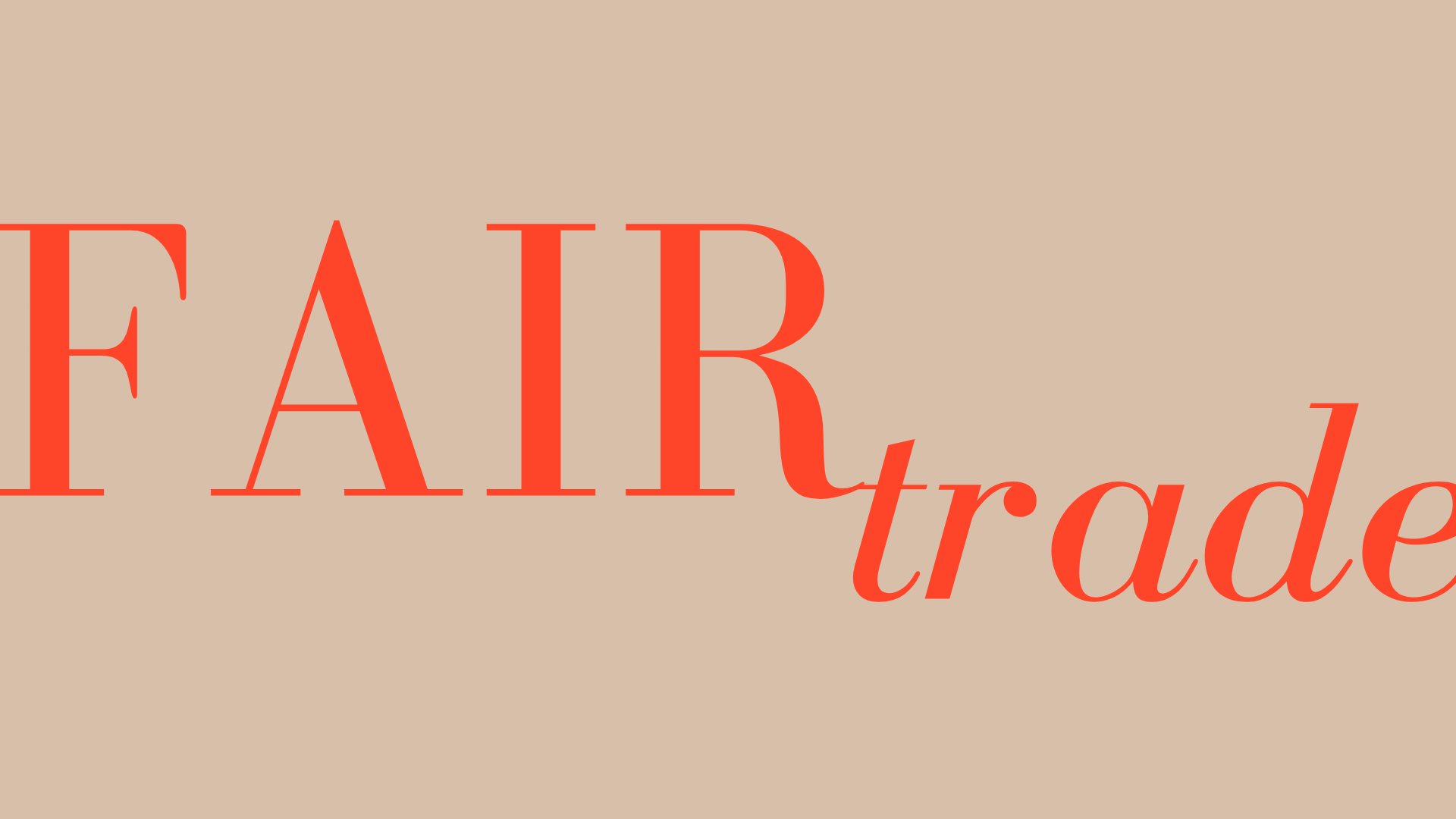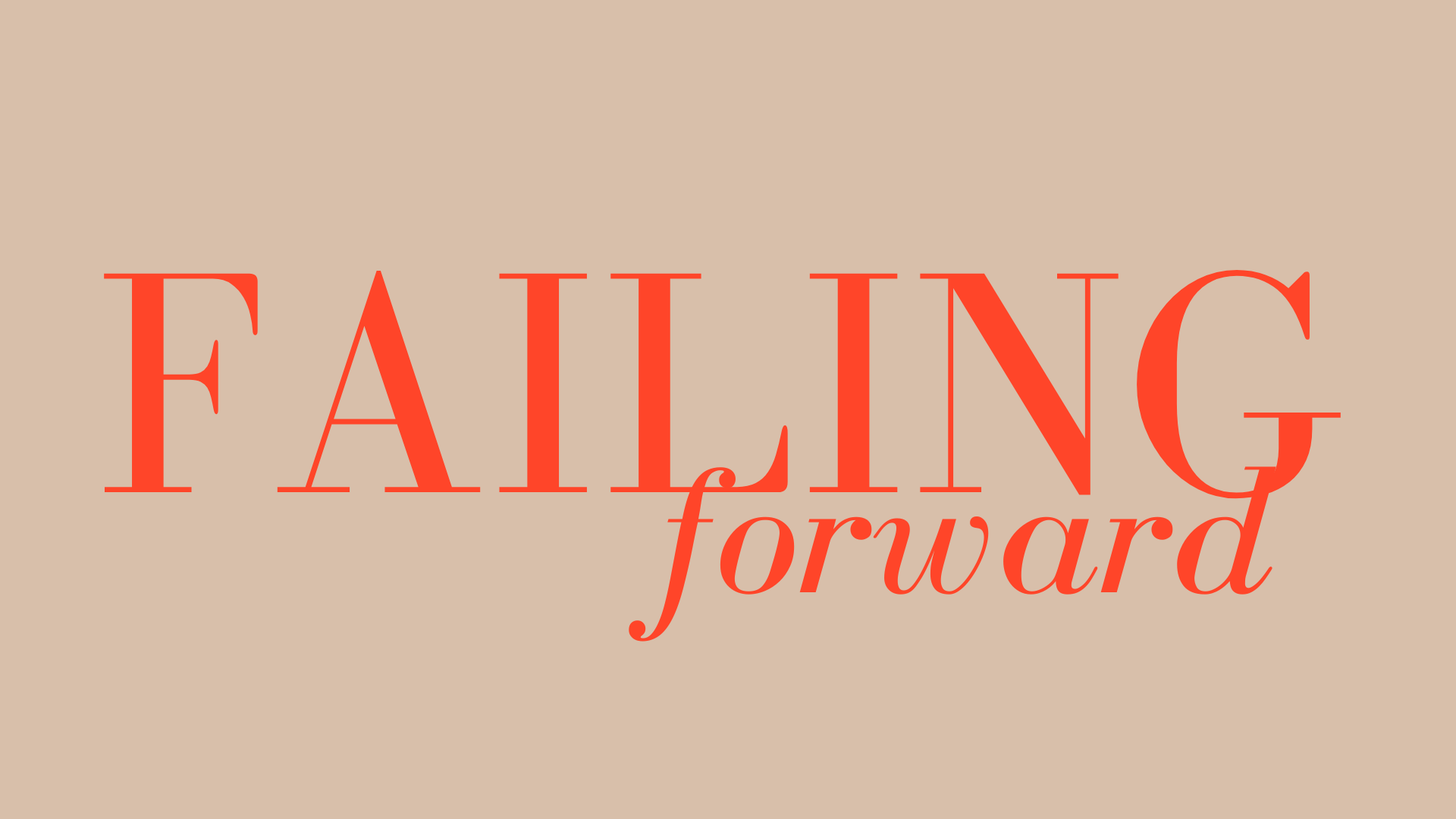Your skills are your career currency: How to increase the value of your personal brand
Your skill set is your most important asset. It keeps the roof over your head. So, how often do you evaluate the value of your skill set in an evolving market, and make moves to increase your personal brand’s professional worth?
Your skills are the currency of your professional personal brand. Meaning your capabilities are the currency of your career. Your skills earn you an income. It pays the bills. It puts food on the table and clothes on your back. It allows you to experience the simple pleasures and luxuries in life. So, how often do you stop to take stock of your skills? Like with any currency, the value of your skills can appreciate or depreciate over time or be susceptible to evolving market conditions. Pay attention to the value of your most critical currency - your skills - and build the career capital for your personal brand.
1. Skill stacking. Create complementary currencies.
The skills that first got you in the door of your career aren’t always going to be the skills the market demands. Pay attention to the value of your skill set. Is it declining or increasing? What related skills is the market seeking?
In economics, ‘complementary products’ are items that add value to each other when used together. Think printers and ink, pizza and soft drinks, coffee and coffee pods, or cars and insurance. See your skill set in the same way.
‘Skill stacking’ is a strategy to combine complementary skills to create more value for your professional personal brand. Think of a copywriter who has mastered search engine optimisation. Or a video producer who has learned graphic design. An executive who is a skilled public speaker. An architect with an eye for interior design. Stack your skills to increase the value of your professional brand in the marketplace. Follow the money in the market. Or, risk another economic reality - the threat of substitution of your skill set.
2. Collect rare skills.
Following the money in the market doesn’t simply mean following the masses. Like collecting rare coins, add rare skills to your portfolio. Rare skills, related to your expertise, increase your leverage in the marketplace. Rare skills, like rare coins, attract a premium. This is the basics of economics and supply and demand at work. If your skill is in high demand, but if the supply of the skill in the marketplace is low, this increases the price of the skill. So, you can price your services in the marketplace accordingly.
3. Define your value. Know the core capabilities of your personal brand.
Know your value. It seems simple enough to understand the skills you offer the marketplace. Yet, this is where I see most professionals, even at an executive level, come undone. They define their skills vaguely instead of communicating their core capabilities with clarity. Take the time to categorise your most important skill set. See this as the tangible service you offer the marketplace. What are you trading in exchange for your income? Be crystal clear.
Imagine your skills are items for purchase on your own personal brand website. What are the specific skills you're selling? If you’re not clear on what you’re selling, don’t expect the market to be. Define your service to the market.
4. Increase your career capital.
Your career capital is the sum of your skills, impact and the reputation of your personal brand. Your career capital increases your buying and negotiating power. Don’t simply collect skills and trade your skills for money. Ensure the marketplace, be it your customers or your employer, feels you are worth every cent they spend on you. Don’t just do your job. Aim for ultimate customer satisfaction. Make it your mission to overdeliver in every exchange.
5. Invest in skills for future gains.
You have to spend money to make money. Invest in your skill set. Learn new skills. Upskill yourself to move with changing market trends. Sometimes you have to take a few steps backward to make large leaps forward. As you continue to climb the ranks in your career, it’s easy to think like a master. Instead, stay a student of your skills. As they say, the more you know, the more you realise you don’t know. Always assume there’s so much more to learn. The more future-focused your skills, the higher returns on investment you offer the marketplace.
Don’t let your skills depreciate. Care for your skills like they are the most important asset you own. Because they are.




